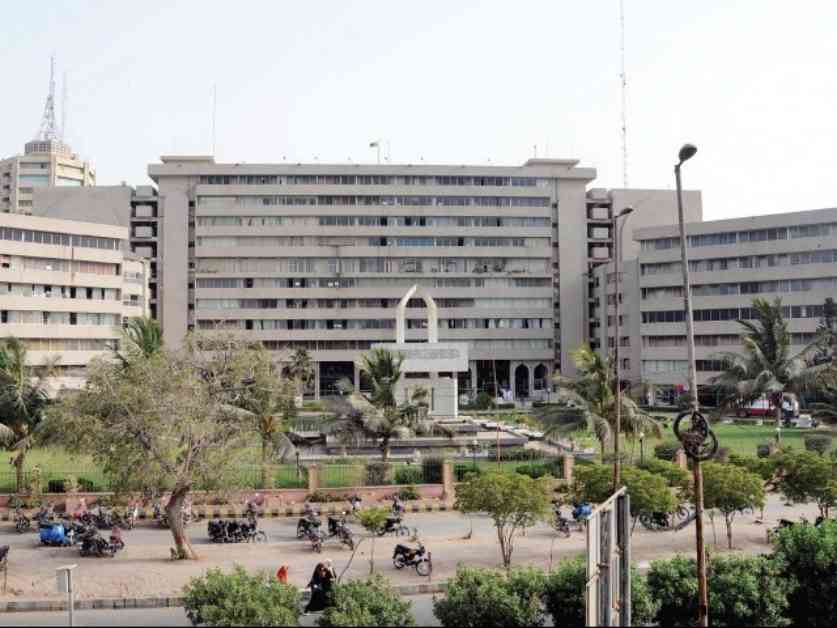The Sindh Building Control Authority (SBCA) has decided to take back its notification that allowed commercial activities on residential plots, all thanks to the Director General Muhammad Ishaq Khuhro. The withdrawal was confirmed in writing and presented to the Sindh High Court, where petitions had been filed against the initial decision made by the SBCA.
Who made this call?
The Director General Muhammad Ishaq Khuhro put in the effort to make sure the notification was rescinded, ultimately leading to the petitions by Jamaat-e-Islami and others being disposed of by the court. But why did they change their minds? The SBCA mentioned in its written response that the notification issued on March 13, 2025, was now being revoked.
What was the issue?
The petitions against the SBCA were filed by City Council Opposition Leader Saifuddin Advocate and nine town chairpersons who argued that the Karachi Building and Town Planning Regulations had been tampered with. They believed that the amendment to the regulations altered the purpose of amenity plots, which should legally only be used as originally intended. The petitioners also pointed out that the amendment removed “healthcare” as an approved use for amenity plots and accused the SBCA of repurposing residential land for education, healthcare, and recreation without public consent.
Why did they change the regulations?
Following a policy review of the changes introduced in March, the SBCA decided to roll back the recent amendments made to the 2002 Karachi Building and Town Planning Regulations. The authority took action under Section 21-A of the Sindh Building Control Ordinance, 1979, alongside other relevant provisions. The circular officially annulling the amendments was signed by Director General Muhammad Ishaq Khuhro, marking the end of this saga.
What does this mean for the future?
Not really sure why this matters, but the SBCA’s decision to withdraw the notification shows that public opinion and legal challenges can influence regulatory authorities. Maybe it’s just me, but I feel like this case highlights the importance of transparency and accountability in urban planning and development decisions. Overall, the reversal of the amendments signifies a win for those who value the original intent of land usage regulations.









